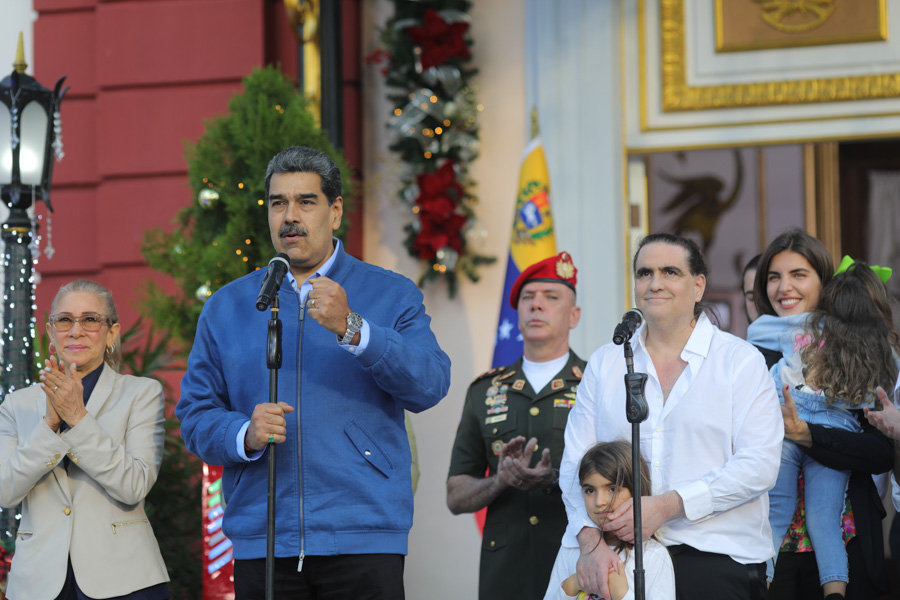South America
Maduro’s government arrests Venezuela’s Oil Minister, appoints Maduro ‘bag man’ Alex Saab as Production Minister
Venezuelan authorities arrested former Oil and Production Minister Pedro Tellechea for alleged “serious crimes that attack the highest interests of the nation” it was revealed on Monday.
According to an Instagram post published by the Public Prosecutor’s Office, Tellechea was arrested in the early hours of October 20 along with his “closest collaborators.”
The press release, signed by Attorney General Tarek William Saab, accuses Tellechea of handing over the command and control system of the state oil company, PDVSA, to a company controlled by US Intelligence services.
Tellechea is the fourth former Minister of Oil and former President of PDVSA to be arrested on corruption allegations. Since Venezuela’s Nicolás Maduro became president in 2013, five out of the eight Ministers of Oil have been accused of several crimes.
Maduro had moved Tellechea from the oil ministry to the industry ministry as part of a large cabinet reshuffle in late August following the highly disputed presidential election.
In a social media post on October 18, Tellechea said he made the “difficult decision” to resign due to “health issues that require my immediate attention.”
President Maduro then appointed Alex Saab – a Colombian businessman who was released from U.S. custody as part of a prisoner exchange last year – as the country’s new Minister of Industry and Production.
Saab, known as Maduro’s “bag man,” was in jail in the U.S. on money laundering charges.
In the announcement on social media Maduro said he is “sure” Saab “will drive the development of the entire industrial system of Venezuela in the framework of the process of building the new economic model.”
In 2020, Saab was detained in Cape Verde and extradited to the U.S. in 2021 to face money laundering charges. U.S. prosecutors accused him of transferring $350 million out of Venezuela and into foreign accounts.
Last December, Saab was freed in a prisoner exchange between the US and Venezuela, after talks between both administrations were facilitated by Qatar.

Image Source: Prensa Presidencial via X
In return, Venezuela released 10 Americans, six of which had been classified as wrongfully detained. The deal was part of a wider effort to broker an agreement where the Venezuelan president would hold free and fair elections in exchange for U.S. sanctions relief.
The July 28 election has been widely disputed. While Maduro’s reelection was certified by the country’s electoral authority and the Supreme Court, the government has not released any detailed data to substantiate its claims of victory. The Venezuelan opposition as well as other regional leaders have called the results into question.
Previously, Saab was in charge of importing food for the government programme known as CLAP (Local Committees for Supply and Production), a tenure marked by accusations of rampant corruption.
Investigations into Saab and CLAP’s web of corruption were spearheaded by Armando.Info, a digital Venezuelan investigative news outlet. In May of this year, a documentary on Saab was released by PBS Frontline in collaboration with Armando.Info, it is titled: A Dangerous Assignment: Uncovering Corruption in Maduro’s Venezuela.






